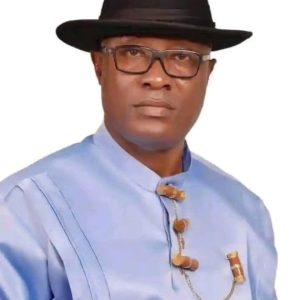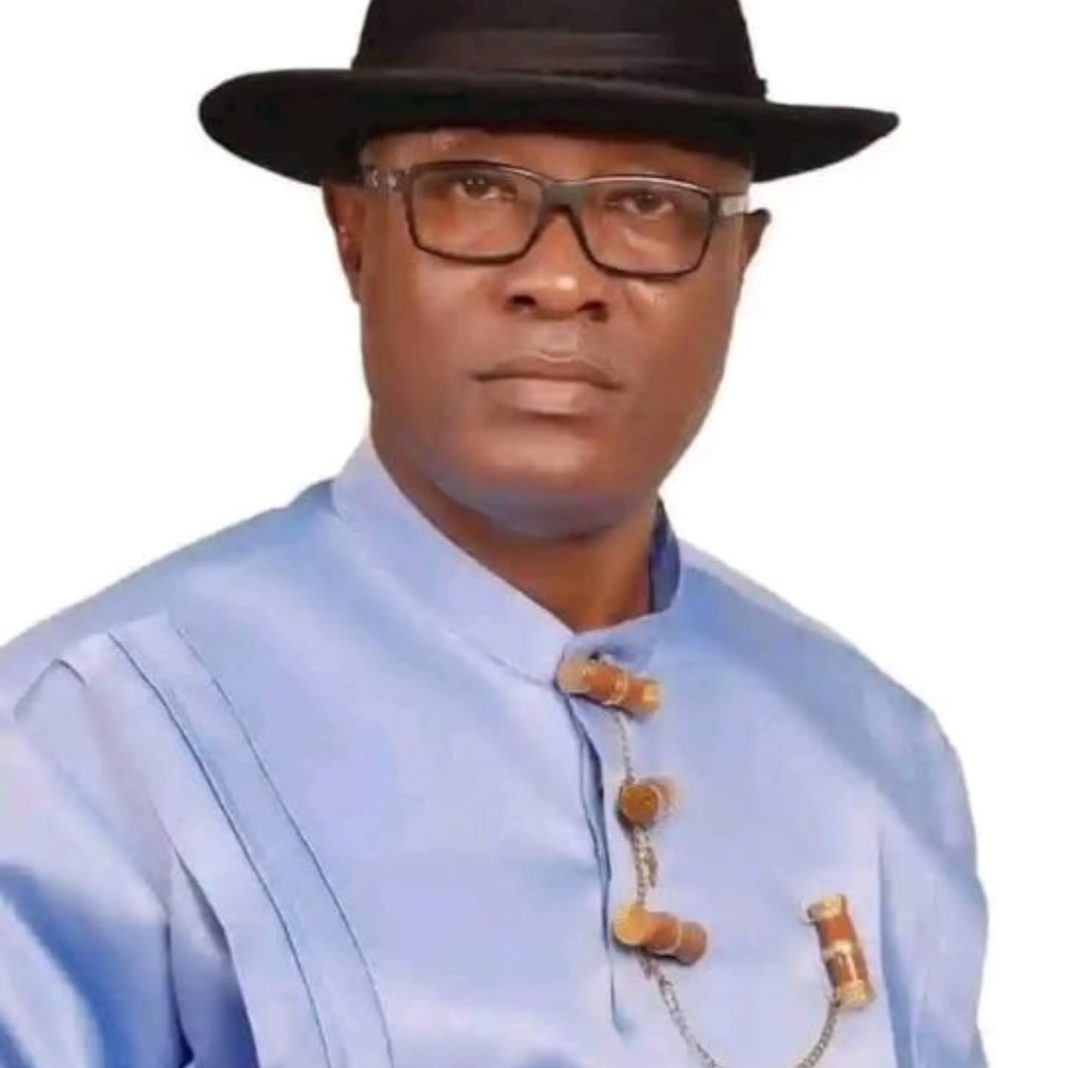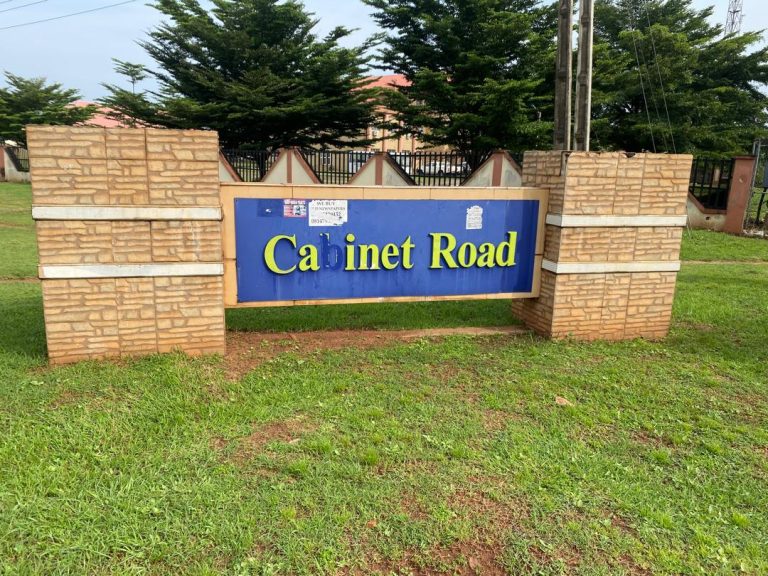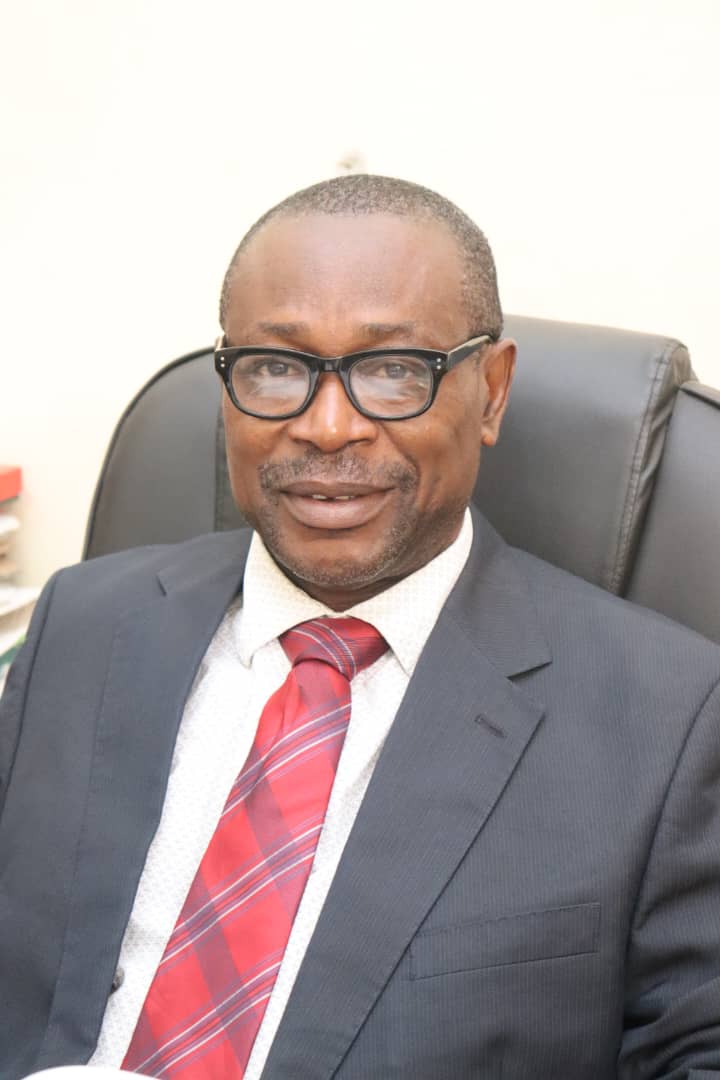The riverine communities of the Niger Delta and South-South region embody a rare blend of beauty, complexity, and resilience. Their geography presents both opportunities and challenges that demand context-specific infrastructural solutions.
It is appropriate that the Southwest Development Commission (SWDC) focuses on superhighways. Roads define the Southwest terrain and the dividends of a “road economy” forms trade facilitation to regional integration. These are both multidimensional and transformative.
The Niger Delta, however, tells a different story. Its intricate web of creeks, mangroves, and coastal settlements calls for an equally intricate form of connectivity. Gbaramatu Kingdom offers a compelling illustration.
Until recently, Gbaramatu was virtually inaccessible by road. The only viable route was through the Atlantic Ocean, a journey often turbulent and intimidating, especially for those unfamiliar with the sea. In earlier years, even inter-community travel required venturing into open waters before looping back inland. While residents adapted to this demanding routine, it was far from efficient or safe.
In response, the Gbaramatu people, working with the Delta State Government and the Niger Delta Development Commission (NDDC), embarked on an ambitious waterways development initiative. Mangroves were cleared to create navigable channels ——linking once-isolated communities. The result is a remarkable riverine network, an aquatic superhighway that has revolutionised local mobility while stimulating commerce, social interaction, and access to essential services.
Gbaramatu’s experience underscores a crucial lesson: infrastructure must reflect geography. As upland regions celebrate the promise of superhighways, riverine regions like the Niger Delta must equally invest in superwaterways ——networks of modern, navigable channels and marine transport systems tailored to life on water.
There are however lessons from global models. The Philippines, an archipelago of over 7,000 islands, has perfected inter-island connectivity through ferries, bridges, and ports. Yet, its model, island-to-island integration, differs from Nigeria’s coastal reality.
Nigeria’s sea-hugging communities cannot thrive in isolation from the mainland economy. Our inland regions are anchored on road infrastructure, while our coastlines remain underutilised gateways to global trade. To unlock their potential, we must extend our road networks into the sea, creating marine corridors and coastal highways that connect seamlessly with inland economic hubs.
This is the approach adopted by nations such as China, the UAE, and the Netherlands, where marine and coastal infrastructure are central to economic integration and logistics.
Nigeria must follow suit. The South-South Development Commission (SSDC) should make coastal-to-mainland integration a strategic priority, linking the riverine economy to national and global value chains. The opportunities are immense, from tourism and logistics to exports, marine industries, and renewable energy. Our coast represents a multi-trillion-naira frontier waiting to be unlocked.
POSTSCRIPT: HISTORICAL FOUNDATIONS AND FUTURE DIRECTIONS:
The Southwest draws strength from the enduring legacy of Chief Obafemi Awolowo’s visionary regional planning, the institutional resilience of Odu’a Investment structures, and a tradition of integrated, purposeful development. These continue to guide its strategic orientation today.
By contrast, the South-South region evolved from the fragmentation of the old Eastern and Western Regions. Yet, in the First Republic, leaders such as Dr Michael Okpara, Chief Awolowo, and Sir Ahmadu Bello championed bold, regionally grounded development agendas, meticulously planned and documented, visionary yet pragmatic.
It is time to revisit those foundational blueprints, Eastern and Western alike, to distill the enduring principles that can inspire a new generation of regional renewal and infrastructural innovation across the South-South.

Hon. (Barr.) ‘Tonye Timi, Ph.D.
ED, Corporate Services,
South/South Development Commission





